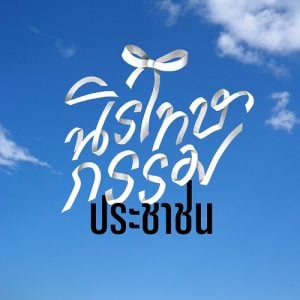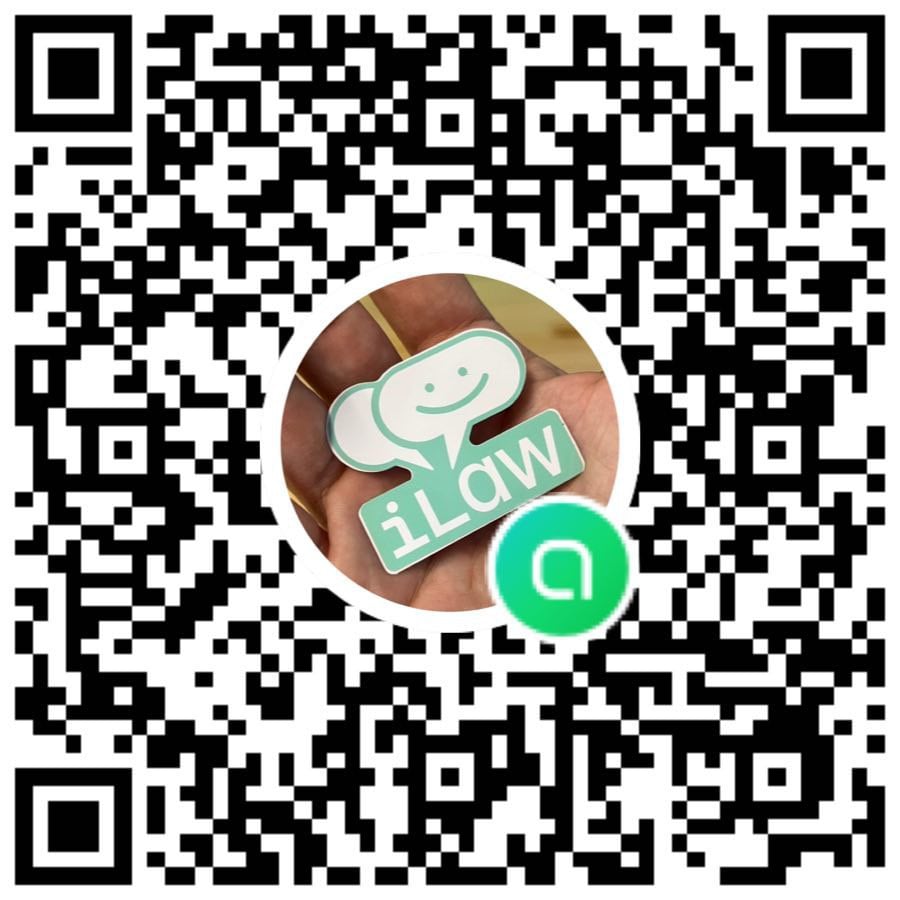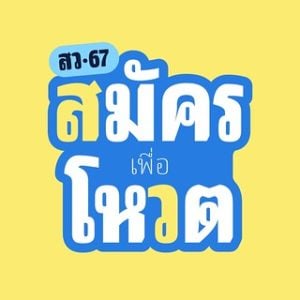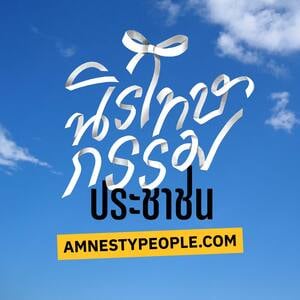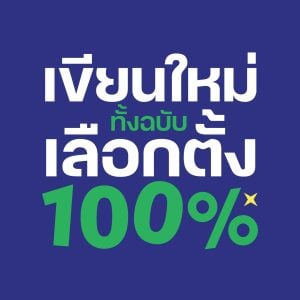Apart from exercising legal powers to arrest and prosecute political dissent, The NCPO’s government also used social or psychological measures to create climate of fear in the public. Whether or not the NCPO planned to create a climate of fear, freedom of expression in Thailand was affected. When people began to feel uncertain of how much they could express their opinion, they started to censor themselves and politics became a taboo topic in the society.
Normally, when the NCPO’s government used legal actions to arrest political dissents and charged them with sedition or lèse majesté, the NCPO would hold a press conference. The NCPO never prohibited any media report about charging against political dissents so the story of arresting and punishing could spread out.
Moreover, for the last 3 years under the NCPO’s government, officials took turns to provide news about new measures to control online media most of which were just threats. For example:
1) Afternoon of 28 May 2014, 6 days after the coup, there was some anti-coup protest, which arranged an appointment via Facebook. Then Facebook went offline for 1 hour but NCPO denied that they had no part in it. This demonstrated the NCPO’s power to people that NCPO could do it if they want it to.
2) 6 January 2015, Cabinet accepted the principles of 10 drafts of digital security laws. One of them was the draft of Nation Cyber Security Act which contained section 35 that allowed the official to spy on internet communication, email and phone calls without any court warrant. This caused a widely known public disagreement. At the end, these 10 drafts of digital security laws had to put on hold but eight of them were enacted one after another. However, most of those acts were about arrangement of organisation’s structure. The draft National Cyber Security Act and the draft Online Privacy Protection Act hadn’t been enacted yet and there wasn’t any sign that if they were going to enact soon.
3) In September 2015, there was news reported that the government was having a policy to create a single gateway system to take control over internet communication even though this wasn’t practical in Thailand. A single gateway was beyond the capabilities of Thailand’s current technology and capital expenditure. Moreover, the government had to pass laws to take back gateway’s business which now in the hand of private business sector. Thus, this was hardly possible in the reality. After news about this controversial policy was widespread, the society was against it. People were afraid that they might be under surveillance and blocked from information that the government didn’t want them to know.
4) 8 March 2017, National Reform Steering Assembly (NRSA), a junta-appointed assembly for national reform purpose, introduced the draft ‘Media Registration Act’ or the full name was The draft Freedom, Protection Ethic Promotion and Professional Journalist Standard. This draft enforced all the media including online media such as Facebook’s fan pages to register with National Press Council of Thailand and be under the regulation of ethic code. After this draft came out to the public, it was opposed by Thailand’s professional media organisations. Then, NRSA amended the draft many times. What we should know is that NRSA didn’t have legislative power and it could only give a suggestion. Thus, in a way that this could be a law, the cabinet have to approved it and then National Legislative assembly (NlA) have to pass it but now there isn’t any consideration about this draft.
5) 12 April 2017, Ministry of Digital Economy and Society released a prohibition order prevent people from contacting 3 persons, Somsak Jeamteerasakul, Pavin chachavalpongpun and Andrew MacGregor Marshall. The order were announced on online media so people wouldn’t dare to go and see these three Facebook’s post. This raised a question that being friend in Facebook with these three person was legal or not. Hours later, Captain Somsak Kaosuwan, Deputy Permanent Secretary, Ministry of Digital Economy and Society explained that this order had no legal effect.
6) May 2017, Provincial Police Region 1 announced that even he couldn’t arrest those persons who posted content against the monarchy on Facebook because they were in exile abroad. However, he would had eyes on those Facebook’s pages. What we should have in mind is that visiting and reading any content were not illegal under any existing laws.
7) 8 June 2017,National Broadcasting and Telecommunication Commission (NBTC) announced ‘Over the Top’ system to regulate online content. NBTC ordered every online media that had an online platform, for example, Youtube and Facebook to register. NBTC reasoned that Youtube and Facebook who provide platform for live streaming are also broadcasters. This was all self interpretation. Since then, NBTC has not has any rule or regulation how to register with NBTC and there is no one really register with the ‘Over the Top’ system. Under the NBTC Act, there was no any section that authorise NBTC such power.
8) 3 July 2017, National Reform Steering Assembly (NRSA), by National Reform Steering on mass communication committee, released a suggestion report which suggested a system that all mobile phones especially prepaid phones need to register to NBTC, using fingerprints, face scan identification card all across the country. This became a big news online and offline even though this was only a suggestion report which would not be brought to practice and in fact, these were beyond the capabilities of Thailand’s current technology and beyond its legal authority.
Mass people who were interested in freedom of expression or followed the news would not have enough time to do in-depth research on these matters. What they could do was just follow the hot news. They would not have known that if these policies or such proposed laws would enact on the reality and affect their freedom or not.
Thus, most people would just remember that the government tried to legislate to regulate online media, to suppress freedom of expression and to access people’s online personal data. However, most of them do not know that those regulations and measures cannot be done in the reality.
The public’s confusion and misunderstanding regarding those measures and the government’s legal authority brought fear to the society, since people do not truly know that what the government could do and what could not. Self-censorship was the first thing people would do to guarantee his/her own safety. This climate of fear affects freedom of expressing online and we have to say that this had more effect than enforcing the laws.
If the military government really intended to use these social and psychological measures to threaten the people, it was a successful plan. It suppressed freedom of expression without enforcing any law or arresting any political dissent and the NCPO didn’t have to waste any time on legal process.
…………………
picture from ٭٭ NơƐണí ٭٭



